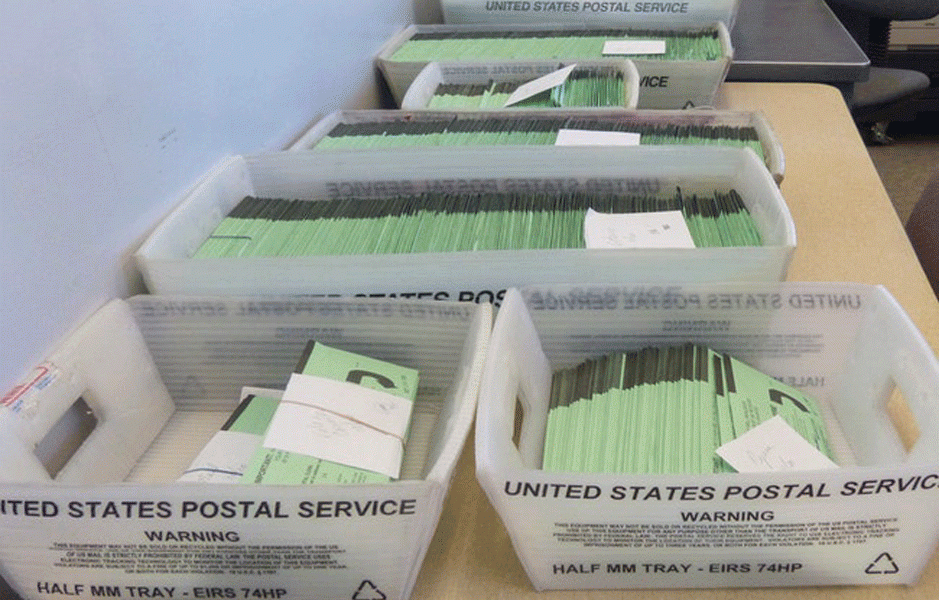VALE – Proposals to create ranked choice voting in Oregon will complicate the election process, cost too much money and hamper confidence in elections, according to a letter from the Malheur County Court to the two state legislators that represent the region.
Ranked choice voting, also referred to as preferential voting, is a technique where voters rank their candidates in a sequence of first, second, third and so on their ballots. A candidate wins if capturing a majority of first-place votes.
According to the Congressional Research Service, in most of the U.S. states voters use a single-choice voting system. In single-choice voting a voter chooses one candidate and the candidate with the most votes win.
In ranked choice voting, each voter ranks multiple candidates for the same office in order of preference instead of making a single choice.
After the ballots in a ranked choice voting race are counted, if a candidate captures the most votes then the individual is the winner. If no first-choice candidate gets a majority, the candidate with the fewest first-choice votes is bounced from the ballot. The ballots of the eliminated candidate are counted toward a voters second choice candidate.
The process is repeated, with the candidate who garners the fewest votes eliminated, until a candidate receives a majority of the votes.
The bills to create such a voting process are House Bill 2004, assigned to the House Rules Committee where it is in limbo and House Bill 3509, sitting in the Joint Committee on Ways and Means.
The county court recently wrote to state Sen. Lynn Findley, R-Vale, and state Rep. Mark Owens, R-Crane, that it opposes both bills for five reasons.
The commissioners said ranked choice voting “makes for a more complicated primary.”
Such voting will also “remove final tallying from county election officials.”
The court wrote it is also concerned about the impact on the county clerk’s office in terms of added labor. The court said the new voting system would place a “difficult task” on the clerk’s office to “reconcile the number of ballots accepted and tallied when multiple ballots pages/sheets are sent to each voter.”
“There are substantial costs,” the court wrote.
The letter said that “current public confidence in elections is low, and the complications involve with RCV have the potential to fuel conspiracy theories and allegations related to lack of transparency.”
The court recommended the Oregon Association of County Clerks be “allowed to participate in a work group or task force to find a more workable path to move forward.”
Dan Joyce, Malheur County judge, said last week the possible cost to converting to the ranked choice voting system is a worry.
“We don’t have enough money to handle it and it takes a whole brand-new computer system,” said Joyce.
Proponents of ranked choice voting say such a system gives voters more influence on who is elected and it promotes majority support.
Alaska and Maine use ranked choice voting for state races and Multnomah County and Portland use it for local races. Benton County has also used ranked choice voting since 2016.
New tip? Contact reporter Pat Caldwell at [email protected]
HOW TO SUBSCRIBE – The Malheur Enterprise delivers quality local journalism – fair and accurate. You can read it any hour, any day with a digital subscription. Read it on your phone, your Tablet, your home computer. Click subscribe – $7.50 a month.




